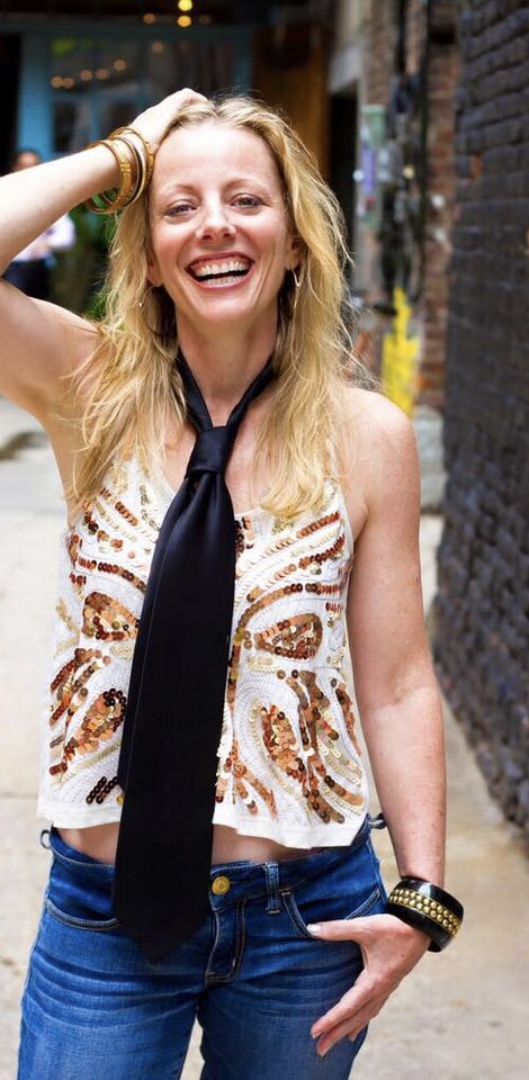We recently connected with Micheline Auger and have shared our conversation below.
Micheline, appreciate you joining us today. Are you able to earn a full-time living from your creative work? If so, can you walk us through your journey and how you made it happen?
I didn’t always make my living as a writer. I had more jobs that you can imagine. In fact, it took me a long time to fully own the fact that I was creative. Once I did—and embraced life as a “starving artist”—I thought I’d made it. I was doing summer theater in Vermont on a shoestring per diem, writing my first solo show, and putting expenses on credit cards all while telling myself that once I had my “break,” it would all pay off. After all, that’s the story we’ve all heard.
Eventually my plays were getting produced and receiving good reviews—*Time Out New York* Critics’ Pick, NY Times recommended, Audience Favorite awards—and I felt creatively fulfilled. But at the end of every month, I was down to $0.
But hey, I was living the dream! Then someone told me, “A vision—whether creative or entrepreneurial—without financial security is a hallucination.”
That was a turning point.
Still, I fought that reality for a while. I worked restaurants, bars, catering—whatever it took—while continuing to write and produce. I once used my rent money to fund a theater project. (Would not recommend.) I didn’t have health insurance. I didn’t go to the doctor or dentist. All I cared about was the work and my creative dream.
Then, I woke up. I realized that financial stability wasn’t the enemy of creativity—it was the foundation for it. I got a job with benefits and just enough flexibility to protect my writing hours. During that time, I was commissioned to write a play that was developed around the country. I started to experience a kind of calm and focus that made the creative work even stronger.
That balance gave me the space to grow. I had previously worked as a freelance journalist and columnist in Jackson Hole, and was occasionally hired for other writing projects. Then a friend in PR mentioned that some of their corporate clients needed a ghostwriter for outlets like *Forbes*, *Business Insider*, and *Inc.* I hadn’t done ghostwriting before, but I said yes—and it clicked.
For me, ghostwriting is essentially character work—I step into someone else’s voice and worldview, much like acting and playwriting. It turns out, it’s a superpower. One client hired me to write their book proposal. Another hired me to write her leadership memoir. Word spread. Today, I ghostwrite nonfiction books and memoirs for executives, entrepreneurs, and thought leaders—and I coach other writers and creatives as well.
I was two years into making my living as a writer before I fully realized it. During that time, my own creative work continued to thrive and receive accolades.
One of the biggest things that helped? Community. I’ve built a network of writers, creatives, and business owners I lean on for feedback, accountability, and support—and I highly recommend finding or creating your own circle.
If there’s a takeaway, it’s this: I never gave up on my creativity—but I learned to prioritize financial stability as the container that supports it.
And I didn’t do it alone.
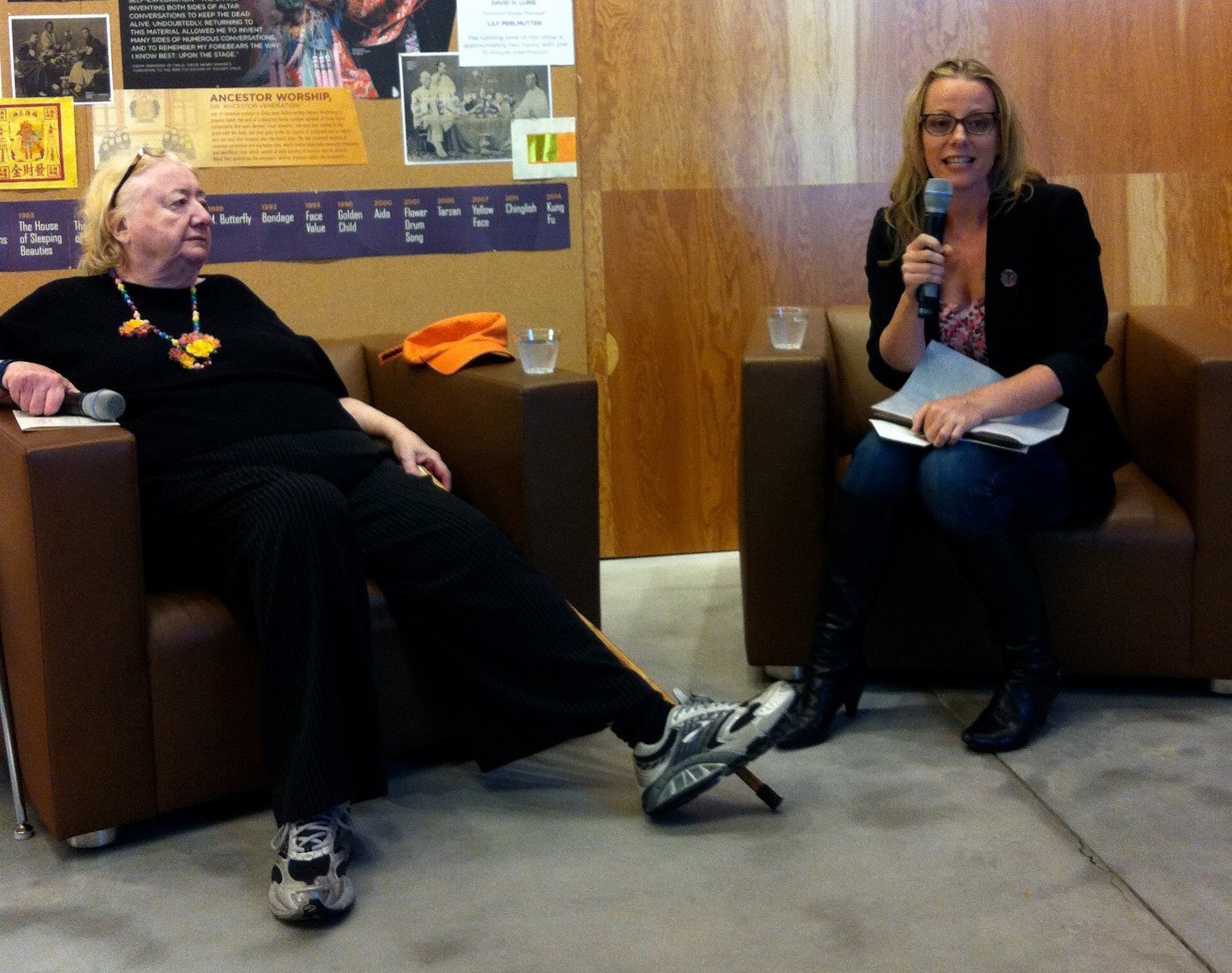
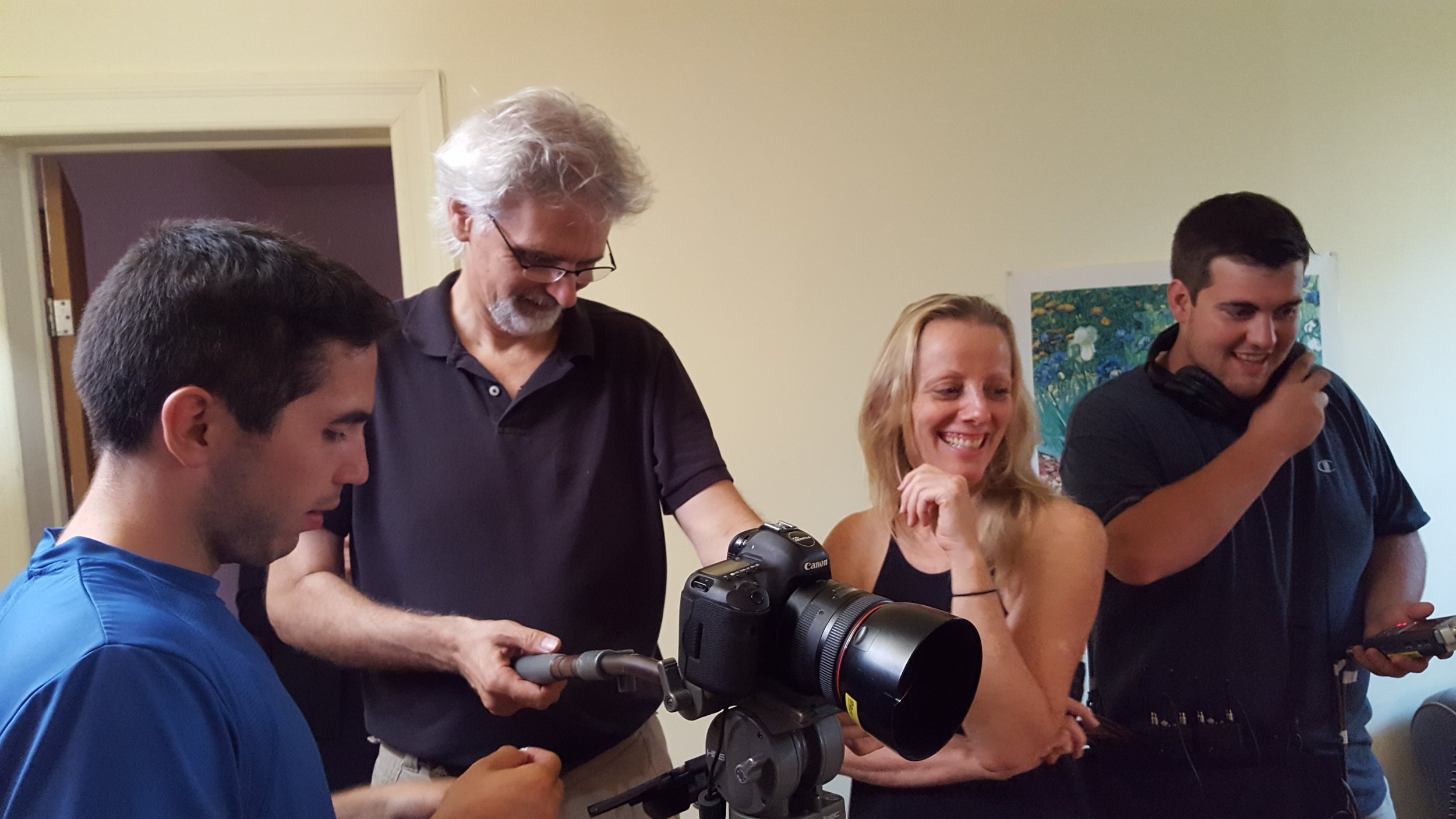
As always, we appreciate you sharing your insights and we’ve got a few more questions for you, but before we get to all of that can you take a minute to introduce yourself and give our readers some of your back background and context?
I’m a writer, ghostwriter, playwright, screenwriter, and creative coach. I help people tell the stories that matter—whether that’s a memoir, leadership book, screenplay, or personal essay. My background is in theater, where I wrote and performed plays that were *Time Out New York* Critics’ Picks, NY Times recommended, and audience award winners. That foundation in story and character deeply informs my work today.
As a ghostwriter, I collaborate with high-achieving clients—often executives, entrepreneurs, and creatives—who want to write powerful, meaningful books but don’t have the time, clarity, or structure to do it on their own. I’ve written personal memoirs, thought leadership books, and legacy stories that have helped clients clarify their message, expand their influence, and leave something lasting behind.
I also coach writers through one-on-one sessions and structured accountability. I help them find their voice, shape their narrative, and move through the resistance that inevitably shows up when we try to tell the truth on the page.
What sets me apart is that I combine deep creative empathy with real-world experience as a performer, producer, and businessperson. I bring heart, humor, and structure to every project—and I’m here to make sure your story gets told powerfully and authentically.
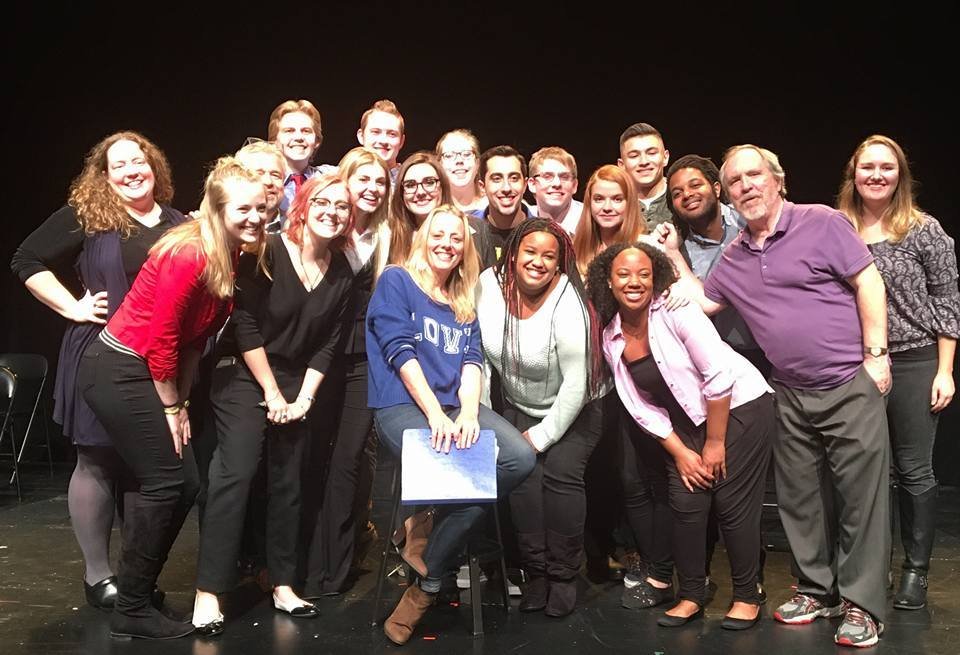
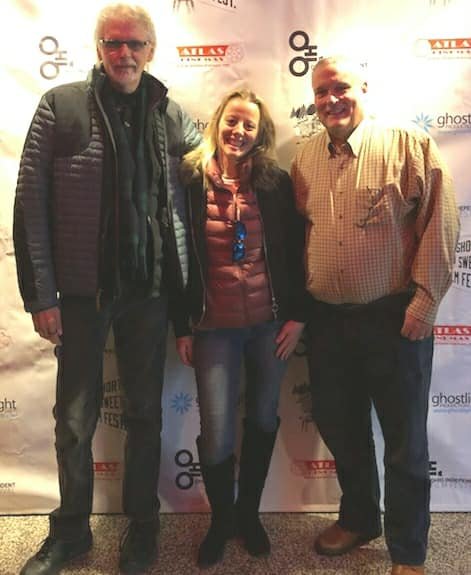
Are there any books, videos or other content that you feel have meaningfully impacted your thinking?
I’m constantly learning and seeking to expand and have found a ton of resources along the way. Here are a few of my faves:
If I am ever stuck creatively, one of my go-to’s is The War of Art by Steven Pressfield. His writing on resistance gets me going every time. I can flip open to any page and read a few words and I’m off to the races. If you need some inspiration or feel blocked and disconnected from your work, check out his writing or interview and blog. He reminds me that resistance is part of the process, not a sign to stop.
In my early days, The Artist’s Way by Julia Cameron helped me commit to writing daily and find my creative self. I still recommend it often—it can be done solo or with a group and is great for reconnecting to purpose.
My favorite writing books include Bird by Bird by Anne Lamott, Writing Down the Bones by Natalie Goldberg, and If You Want to Write by Brenda Euland (and oldie but a goodie) – also Stephen King’s On Writing. For memoir, I love Act One by Moss Hart and Just Kids by Patti Smith—both are masterful blends of personal story and artistic evolution.
As a business owner, I’m often juggling a lot, so I highly recommend Deep Work by Cal Newport, along with his podcast. His approach helped me structure my day around my natural creative rhythms—reserving peak focus hours for deep, creative work and tackling entrepreneurial or administrative tasks when my energy is better suited for them. I also rely on the Pomodoro Technique when I’m struggling to get started—whether it’s showing up on the page or tackling a task I’d rather avoid. It’s a simple but powerful way to move through resistance.
In terms of entrepreneurial resources, the Small Business Administration offers excellent free online workshops on marketing, strategy, and finance, as well as access to SCORE mentors—experienced professionals who volunteer their time to support business owners. I’ve found that especially helpful as I’ve grown my writing business.
And for anyone struggling with underearning, debt, or scarcity mindset, I highly recommend 12-step recovery programs like Debtors Anonymous and Underearners Anonymous. They offer a supportive, structured path to change your relationship with money—and ultimately, your own worth.
I believe creative success and entrepreneurial sustainability are deeply linked, so being open to new resources and solutions is part of my natural growth mindset.
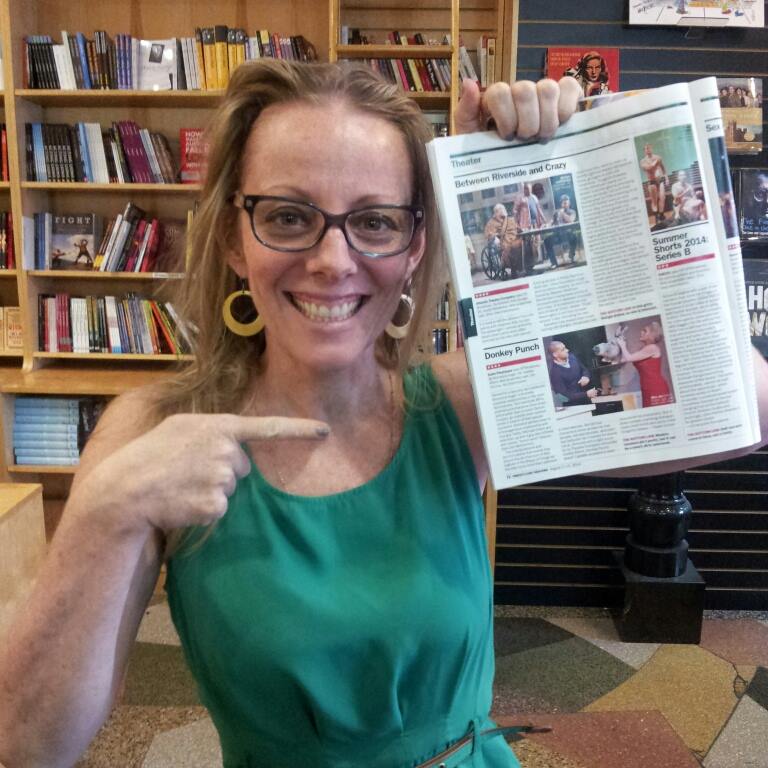
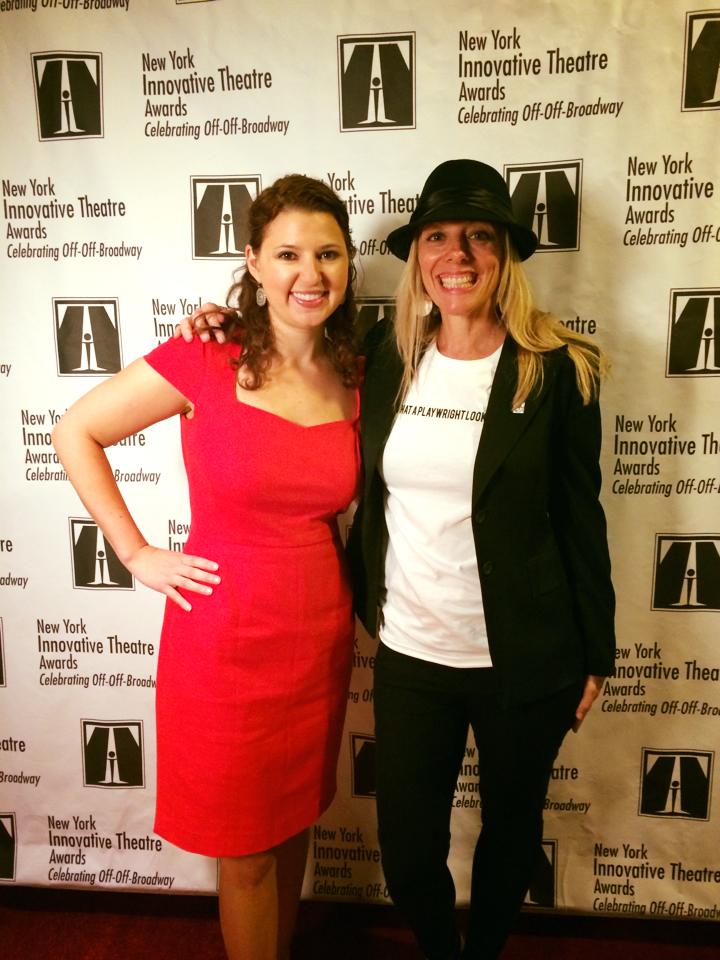
How did you build your audience on social media?
One of my favorite ways to build an audience—on social media or in real life—is by building community. When I was focusing more on social platforms, I created an event called Write Out Front, hosted at the Drama Book Shop in the heart of New York’s theater district. I invited playwrights to write in the bookstore’s front window while their laptop screens were projected onto a large monitor facing the street—making the often solitary act of writing visible, public, and celebrated.
Over time, more than 100 playwrights participated—ranging from Tony Award winners to indie darlings to up-and-coming voices. The window was transformed into a communal writing space, complete with a desk, flowers, coffee, and personal mementos from home and the public was able to witness the process in real time.
The project was covered by The New York Times, WNYC and in other outlets and it was shared widely online. Each writer would tag me, as well as the playwright who came before and after them, so our networks would grow together. I also posted photos, behind-the-scenes videos, and quotes from the window—making the whole experience feel alive and inclusive.
My advice for anyone starting out on social media: focus less on building a “following” and more on building connection. Share your process. Highlight others. Create something people can be part of. Community is magnetic, and generosity goes further than strategy ever will.
Contact Info:
- Website: https://michelineauger.com/
- Instagram: https://www.instagram.com/michelineauger101/
- Linkedin: https://www.linkedin.com/in/michelineauger/
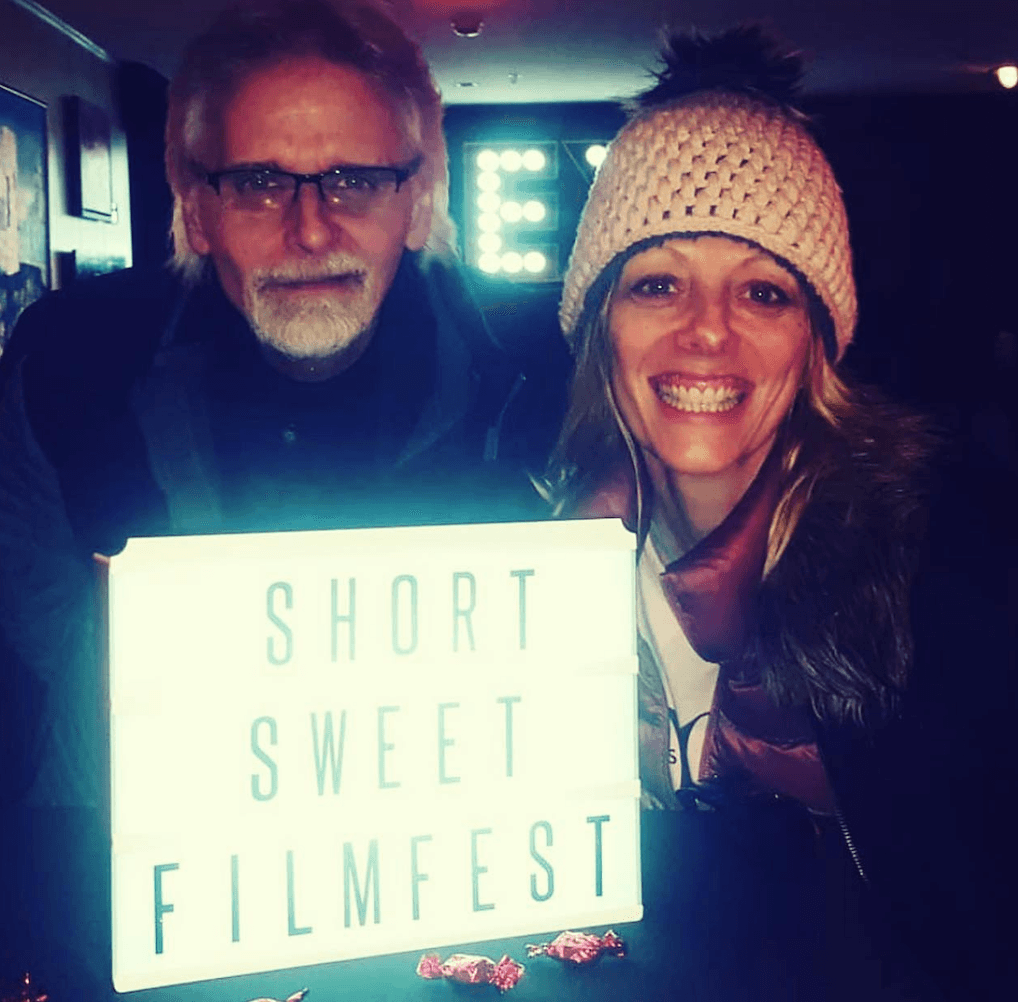
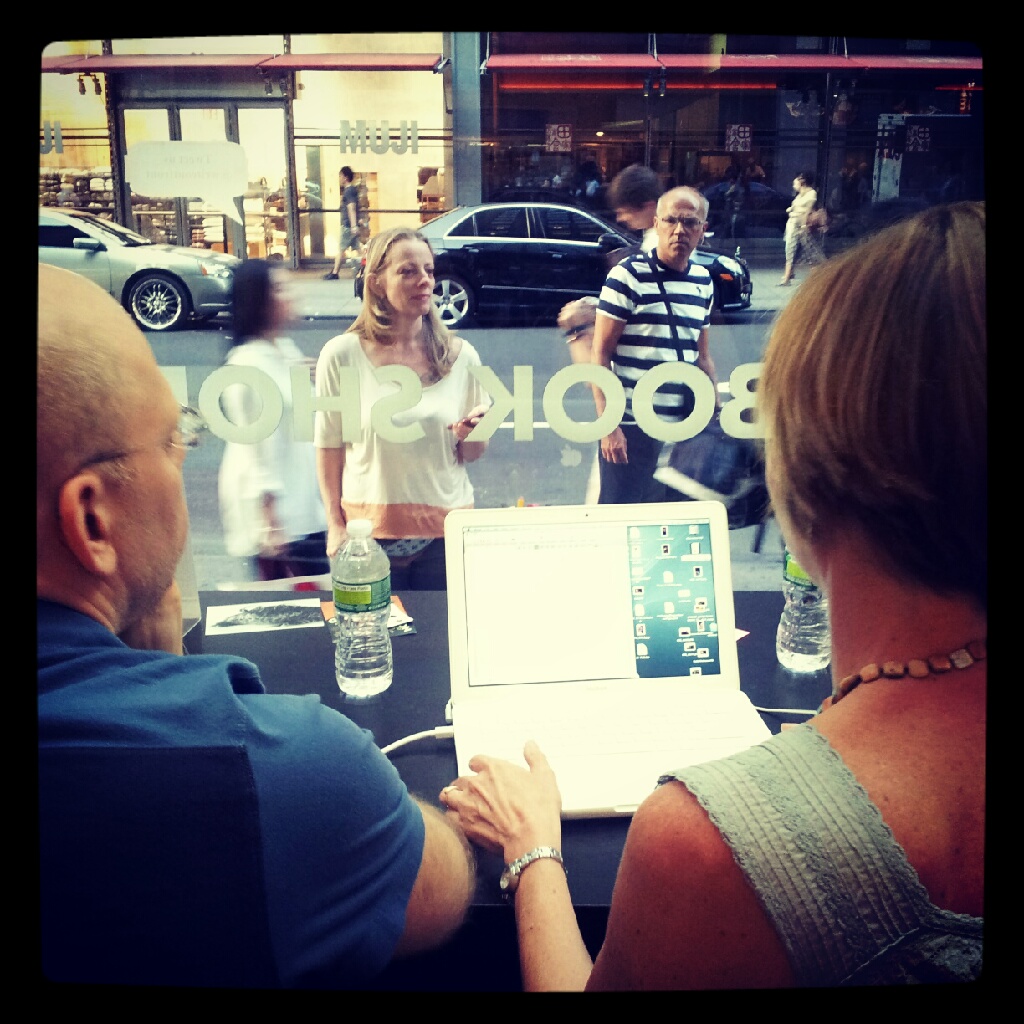
Image Credits
Headshot by Jody Christopherson


